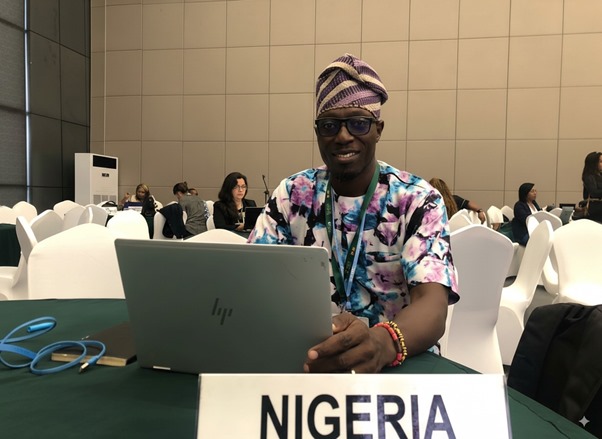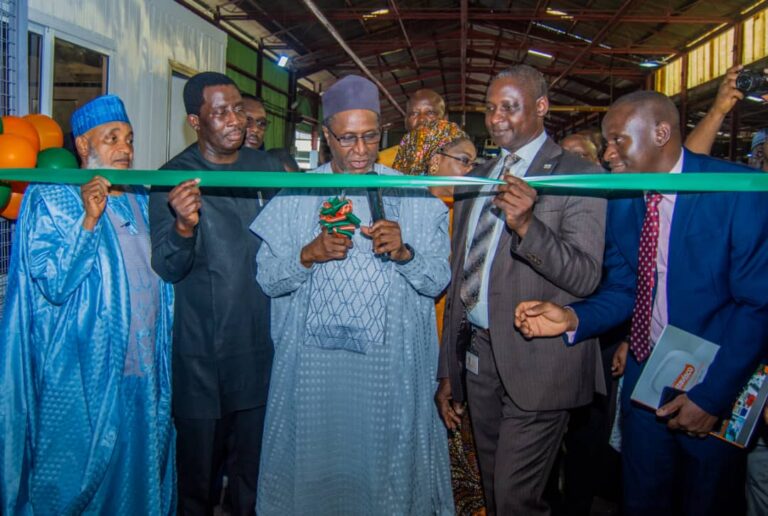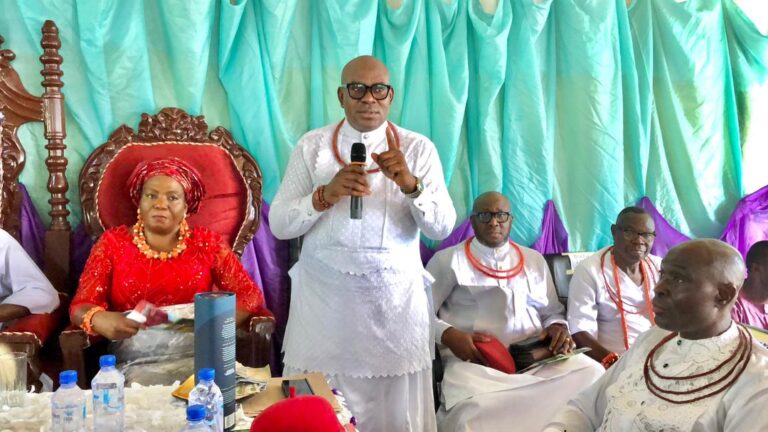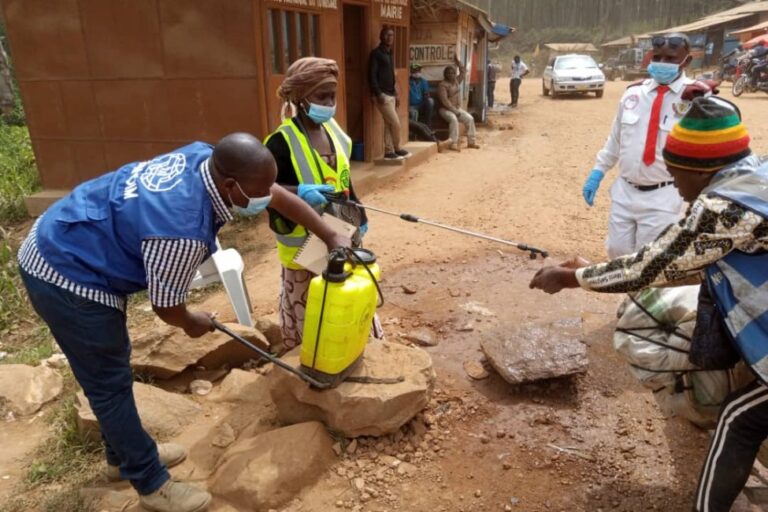
By Gboyega Olorunfemi
Addis Ababa, Ethiopia – At the Implementation Lab on Cities during the ongoing Africa Climate Week, climate experts, policymakers, and practitioners reflected on the critical role of cities in addressing the climate crisis.
While cities are at the frontline of climate impacts, they also hold enormous potential to deliver scalable solutions—provided they are backed by proper financing, strong governance, and inclusive leadership.
Speaking at the session, Gboyega Olorunfemi, Senior Policy Analyst at the Society for Planet and Prosperity (SPP), emphasized that ambition alone is not enough.
“Implementation remains the true test of leadership for cities,” he said, highlighting that informal settlements continue to face heightened vulnerability due to weak local government capacity and limited access to climate finance.
The Lab showcased inspiring examples of city-led innovation:
Durban, South Africa: Community-based early warning systems protecting vulnerable residents.
Dakar, Senegal: Bus Rapid Transit (BRT) systems reducing emissions and improving mobility.
Brazil: The “Adapt-a-City” initiative supporting over 600 cities.
Rwanda and the Philippines: Partnerships through the World Resources Institute’s initiative linking national and subnational actors.
Despite these successes, key barriers remain. Participants noted gaps in project preparation that hinder access to climate finance, misdirected catalytic funds, and the sustainability of financing streams.
Correcting these trends will be essential for scaling solutions.
The session’s key takeaways included:
“Strengthening collaboration between national and subnational governments.
“Ensuring co-ownership of financial instruments for long-term resilience.
“Aligning development partners’ catalytic finance with real local needs.
“Integrating SMEs and community-led groups into financing structures.”
Olorunfemi stressed that for Nationally Determined Contributions (NDCs) to drive meaningful change, they must be localized.
READ ALSO: Obiodeh Foundation Launches N10m Skill Acquisition Programme for Igbide Youths
Ebola Outbreak in Kasai Province Claims 15 Lives, 28 Suspected Cases Reported
Subnational governments should be integrated into the NDC development process, with national strategic financial frameworks enabling them to attract sustainable investments.
He further called on the Green Climate Fund (GCF) and other global financial instruments to create clear windows for collaboration between national, subnational, and SME actors.
“This is when climate ambition will translate into meaningful and equitable solutions for cities,” he concluded.



